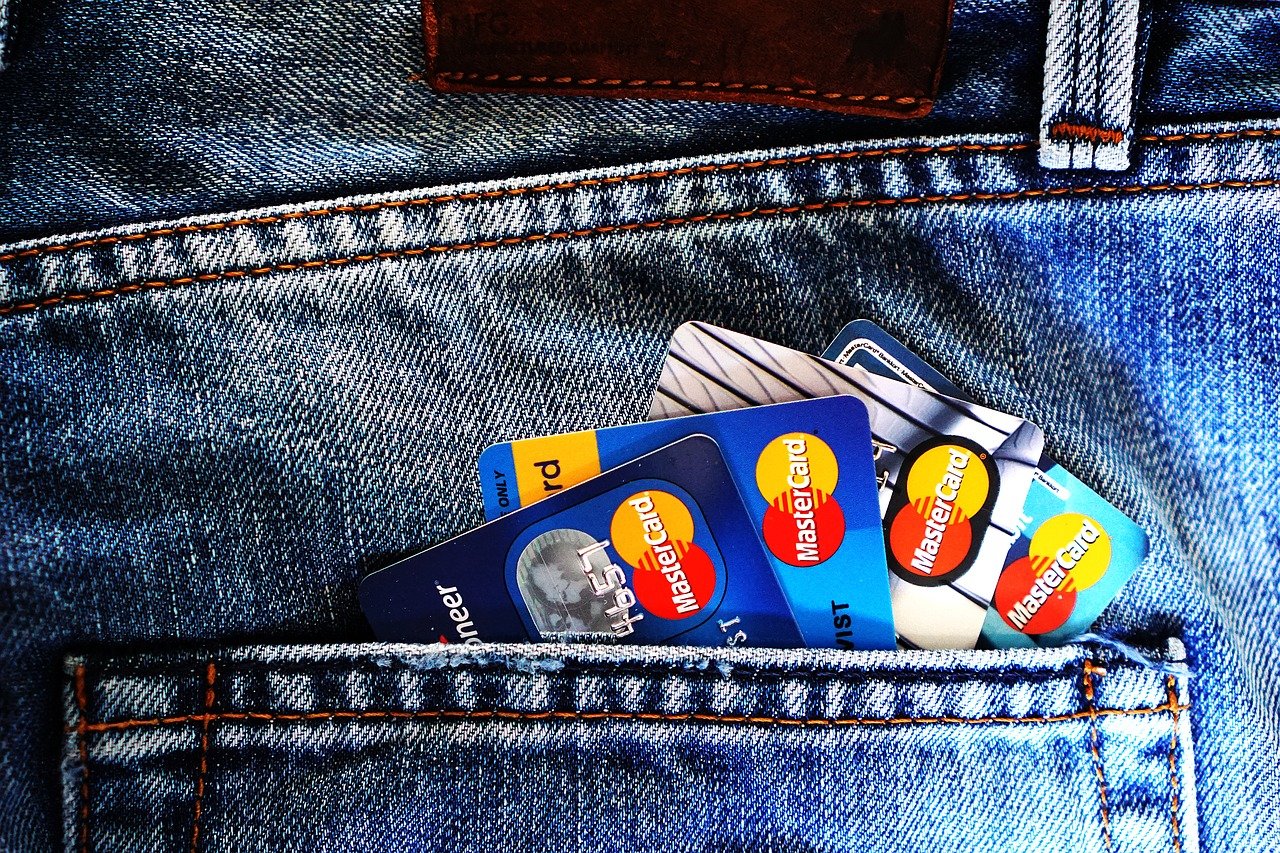Your credit score counts for a lot. From getting a mortgage offer, through to taking out a new mobile phone contract, and of course getting accepted for a loan when you need it the most, your credit rating can affect how willing lenders are to deal with you.
The good news is that it’s free and easy to check your own credit score, and entirely possible to improve it. Here we look at credit score basics and how you can get a higher rating and better credit options.
What is a credit score?
Put simply, your credit score is a rating that you’re given which lenders can then use to decide whether they are willing to approve your applications for loans – amongst other things. Your rating is far from just random, and is made up of the information containing in your credit file. This could include any financial decisions – both good and bad – made within the last six years.
The key features of your file that will affect your credit score include your financial links to other people (through joint bank accounts, for instance), your payment history with lenders and other providers of credit, whether you have a history of bankruptcy or other formal insolvency solutions, and any County Court Judgments that have been made against you.
Contrary to popular belief, your credit file does not contain details of your salary, any student loans, or your criminal record if you have one.
What is a good credit score in the UK?
Whether a credit score is good or not is a subjective question. Ultimately, it depends on which credit reporting agency you look at. Scores that are considered ‘good’ by the UK’s top three credit rating agencies are as follows:
TransUnion: 781 or above out of 850
Equifax: 420 or above out of 700
Experian: 880 or above out of 999
Unfortunately, these scores are not the ultimate decider of whether your application to a lender will be accepted or not, but they do give a good steer as to what the issue could be.
How to improve your credit score
If you do have a poor credit score, your chances of being approved for a loan or any other form of credit may be significantly worse than someone with a less chequered financial past.
Luckily, there are many things you do to improve your credit score and we’ve covered off some of the most effective methods below:
Get onto the electoral roll
As simple as it sounds, getting your name registered against a property on the electoral roll could help to improve your credit score. That’s because the credit reference agencies will be able to verify your identity more easily, and your ties to the property could give lenders comfort that you won’t simply disappear without a trace.
Pay on time, every time
No matter what credit score hacks you use, all of your efforts will be pointless if you don’t pay your bills on time. Payment history is the most important factor that credit reference agencies and lenders look at when deciding on a credit score, and so missing even one payment could seriously damage your chances of getting the most favourable terms and rates on a loan.
If you are going to be late paying, or if the payment date has already passed you by, call the creditor. They may be willing not to report your digression provided that you show a level of willingness to resolve the matter.
Avoid making too many applications
Applying for multiple loans or credit cards at once may seem like it could improve your chances, but it will actually damage your creditworthiness in the eyes of potential creditors. The best policy is to use a credit broker to find the most appropriate lender for you, since each full application will result in a full credit check – leaving a mark on your credit file for other businesses to find.
Plan your credit use
Another commonly cited tip is to plan out your credit usage. Aside from being a generally good form of financial management, planning will allow you to keep on top of your credit utilisation – which is the figure that represents how much of your existing credit limit you’ve used. The smart money is on never going above 25% of your credit utilisation – but that isn’t always easy.
How to get a loan with a bad credit score
These tips could help you to get your credit score up and improve your chances of getting credit applications approved in the future – but what can you do if waiting for the money you need isn’t an option?
Fortunately, there are a considerable number of lenders who are willing to offer small loans for bad credit. These are available even to people with very low credit scores , and allow borrowers to take out the money they need with the option to repay over a flexible term that suits them.
The bottom line is that having a bad credit score won’t necessarily stop you from getting a loan, but you may find it more difficult to get approved than people with a better credit history. By putting the tips contained in this article to work, you might be able to improve your chances for the future, and in the meantime there are plenty of direct lenders offering accessible loans for people with poor credit.



 Bitcoin
Bitcoin  Ethereum
Ethereum  Tether
Tether  XRP
XRP  Solana
Solana  USDC
USDC  TRON
TRON  Cardano
Cardano  Lido Staked Ether
Lido Staked Ether  Avalanche
Avalanche  Toncoin
Toncoin